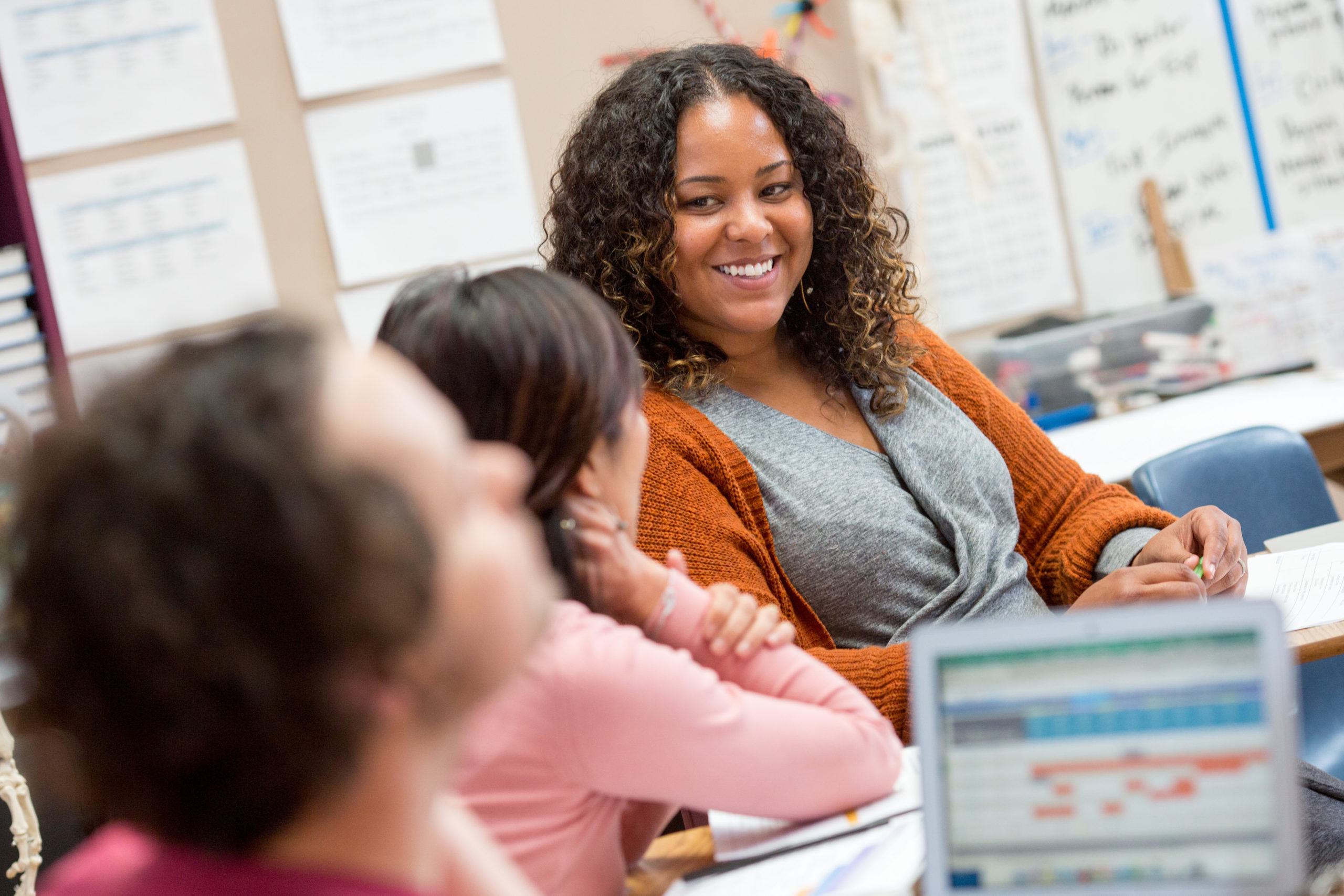As we approach the end of the school year, many of us are busy with mandatory assessments, final grades, and end-of-year festivities. While familiar with your students’ strengths and challenges, have you considered your own?
Why Reflect? Because You Are Worth It!
Research shows that individuals who engage in self-reflection discover what makes them happy and brings them joy. Only by taking a moment to pause, look back, and reflect can we truly appreciate the successes and joys of being part of something greater
Here are three reflective questions to ponder as you conclude this school year:
- How did your classroom experience this year align with or deviate from your initial expectations?
- Reflecting on the past year, what insights have you gained about yourself and your professional journey?
- What accomplishments from this school year do you take pride in, and how do you envision shaping your approach in the future?
This is a time to revel in all you’ve accomplished, from the moment you first stepped into your classroom to set up, decorate, and organize, to the inevitable task of inventorying and packing up for summer. Embrace and celebrate your growth and achievements this year, recognizing that each new class brings fresh challenges and opportunities for growth. As Elena Aguilar wisely states, “The opportunity to reflect on an experience is professional development — and boosts resilience.”
Maximizing Your Reflective Time
Now that you know what questions to ask during your teacher reflection and why they’re important, commit to more than just breezing through them in your mind. Here are some additional strategies to maximize this reflective time:
- Be intentional and allocate time: Dedicate a significant chunk of time, whether it’s an hour or a half-day, to genuinely reflect on each question.
- Minimize interruptions: Silence your phone and limit distractions like unnecessary laptop usage. Focusing your attention will yield more meaningful insights.
- Choose your reflection format: Decide if you prefer reflecting solo or with a partner. Do you process thoughts best through writing in a journal or discussing them aloud with a colleague? Tailor the format to suit your preferences.
- Gather evidence: Just as you wouldn’t assess students’ learning without reviewing various forms of data, don’t evaluate your own growth without considering multiple sources of evidence. Look back on student surveys, performance reviews, classroom videos, and other artifacts for valuable insights.
Embrace the opportunity to reflect as you close out the school year. While wrapping up can feel like a whirlwind of tasks and celebrations, engaging in a teacher reflection will bring a sense of closure and provide valuable insights for future growth. Educators, take the time to honor your hard work and achievements—ending the year with thoughtful reflection is another cause for celebration.
“Celebrate endings—for they precede new beginnings.” Jonathan Lockwood Huie
Toymeka Raymond is an elementary teacher in Newport News Public Schools and an eMediaVA Ambassador.
